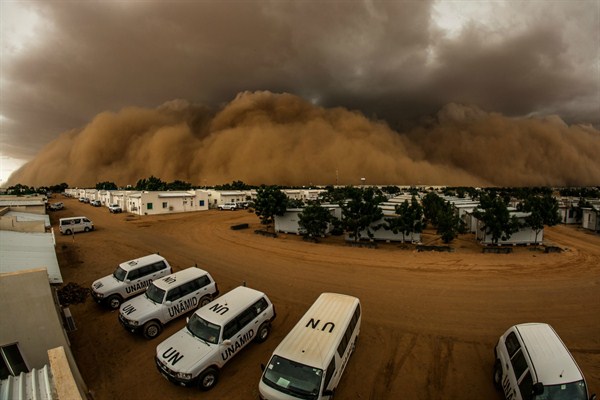Jacob Berry is searching for any sign he can return to the home in Darfur he fled 13 years ago.
In 2003, near the outset of the ongoing conflict in Darfur, a Khartoum-backed militia attacked Berry’s village. In their efforts to root out a rebel movement, government troops and state-supported fighters have committed countless targeted atrocities against civilians, and Berry’s village was not spared. Houses were set alight, residents scattered, and an unknown number of people killed, including his father and brother.
Berry, then 15, fled all the way to Libya’s Mediterranean coast, before boarding a boat for Alexandria, Egypt. After a couple of years withstanding the relentless harassment of Egyptian security forces, he paid smugglers to ferry him across the Sinai Peninsula to Israel. His initial welcome in Israel dampened with the arrival of more and more African refugees. Amid growing restrictions, he ultimately accepted the Israeli government’s offer of a transfer to Uganda.

